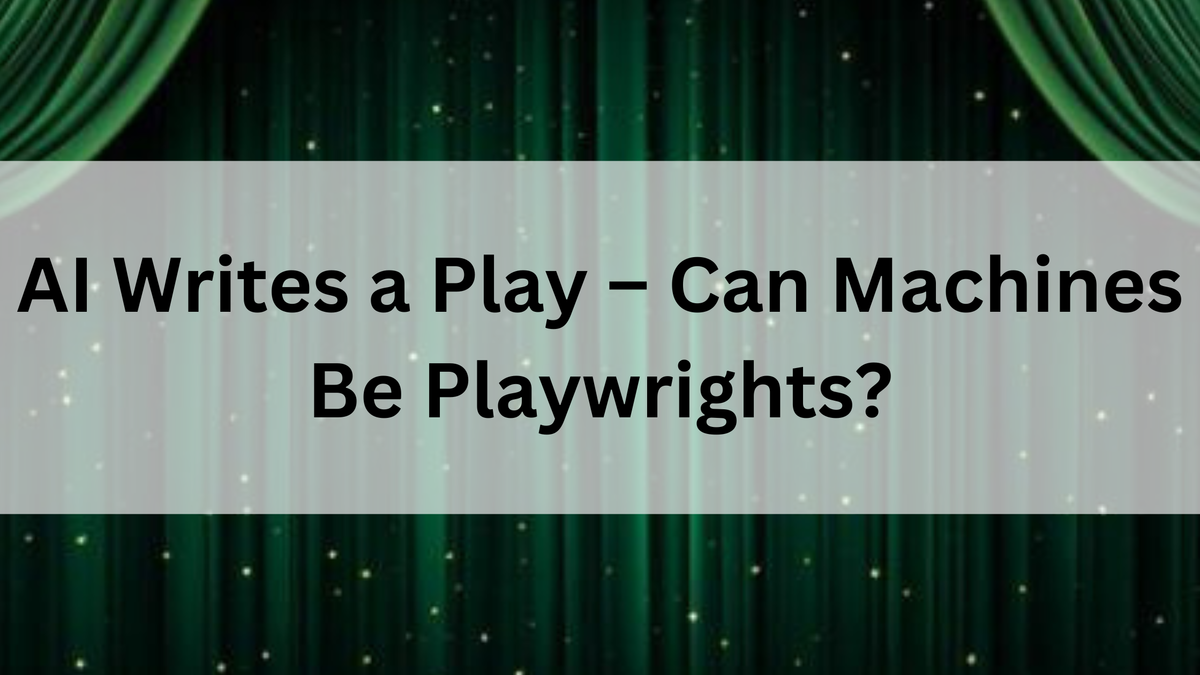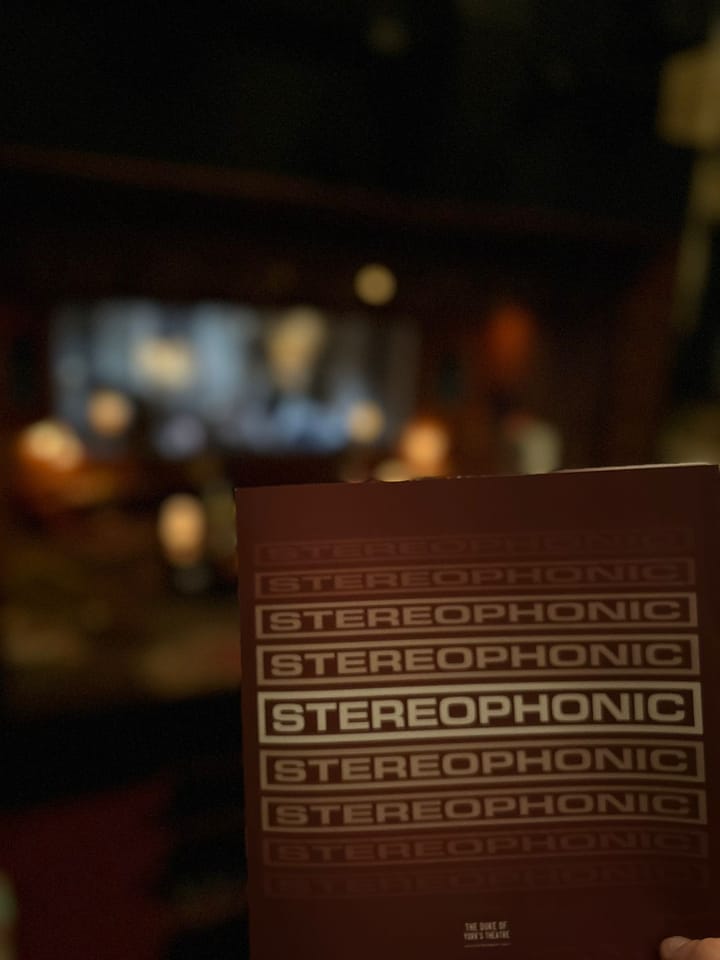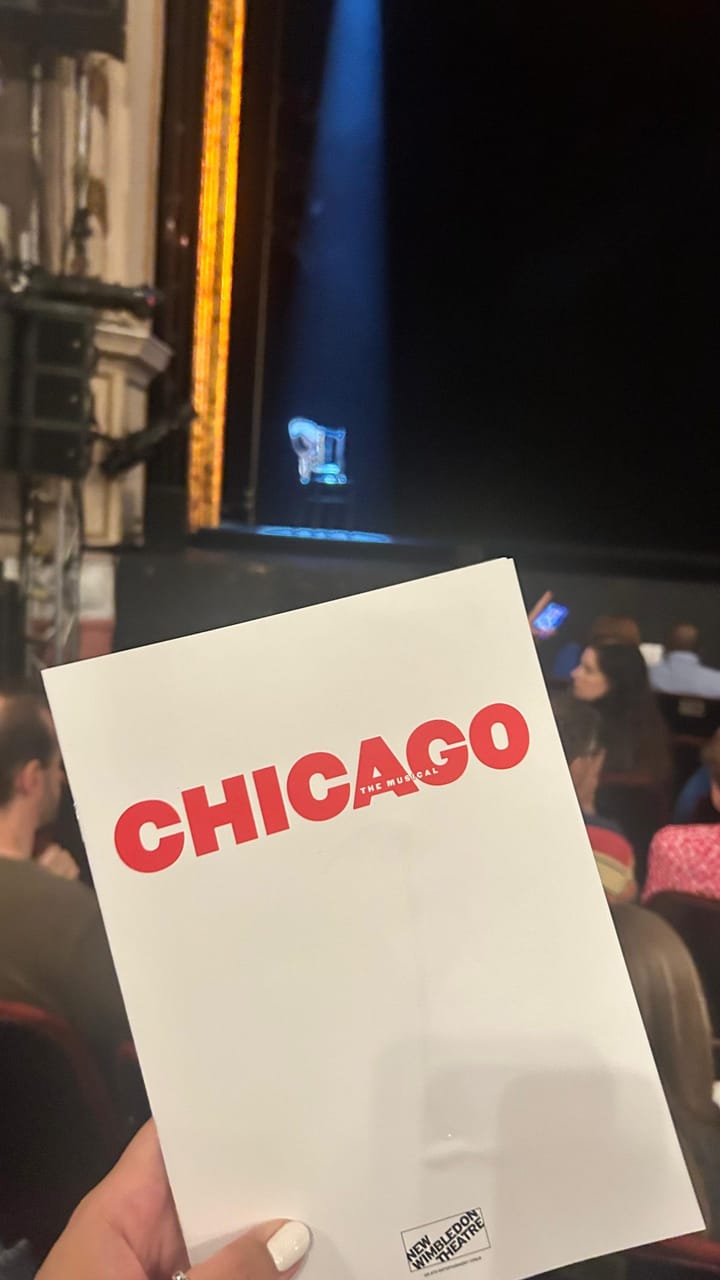AI Writes a Play – Can Machines Be Playwrights?

In the golden age of artificial intelligence, creativity is no longer just a human trait. We've seen AI compose music, paint artworks, and even write novels—but what happens when it sets its digital sights on the stage? Can a machine really write a play? And if it can... should it?
The Rise of the Robot Writer
Theatre has always been about the human experience—love, loss, laughter, the absurdity of everyday life. But in recent years, experiments in AI-generated scripts have begun to test that boundary. Tools like ChatGPT and other large language models have been trained on thousands of plays, screenplays, and books, allowing them to generate dialogue, plotlines, and even entire scenes at the tap of a keyboard.
In 2021, the Young Vic hosted an AI-generated performance as part of its My Neighbour Totoro season development. In Japan, AI-generated kabuki scripts were tested on stage with professional actors. And in fringe festivals and university theatres, experimental AI-human collaborations are popping up more and more.
But do these plays feel like theatre?
Writing Without a Soul?
The challenge for AI isn’t in producing words—it’s in crafting meaning. While machines can mimic style and structure, they lack the lived experience and emotional nuance that makes theatre hit you in the gut. Sure, an AI might write a monologue that sounds like Tennessee Williams or Phoebe Waller-Bridge, but does it say anything?
When AI writes, it's remixing. It draws from what it's seen before. So we get tropes, clichés, and lots of plot twists—but rarely do we see true originality or depth. That said, isn’t that also true of a few human-written plays…?
The Human Touch Still Matters
Some theatre-makers are using AI as a collaborator rather than a replacement. Think of it as an endlessly patient co-writer: one that never gets writer's block, and can suggest fifty variations on a line until you find one that sings. For emerging playwrights, it could be a tool to break creative blocks or explore new voices. For dramaturgs, it might offer intriguing perspectives on story arcs and character dynamics.
But without human interpretation, refinement, and heart, an AI play risks feeling hollow—like a cover band of the classics, rather than a fresh voice.
The Curtain Call
So, can machines be playwrights? Technically, yes. But should they be? That depends on what we expect from theatre.
If theatre is a mirror to society, AI can only reflect what it’s been shown. It doesn’t feel. It doesn’t experience. But in the right hands—those of a thoughtful artist—it might just be another tool in the creative toolbox.
AI won’t replace playwrights anytime soon. But it might just inspire the next great one.
Have you seen or worked on a show that used AI in the writing process? Would you perform in one? Let us know in the comments or tag us on social! @soundsandstage



Comments ()